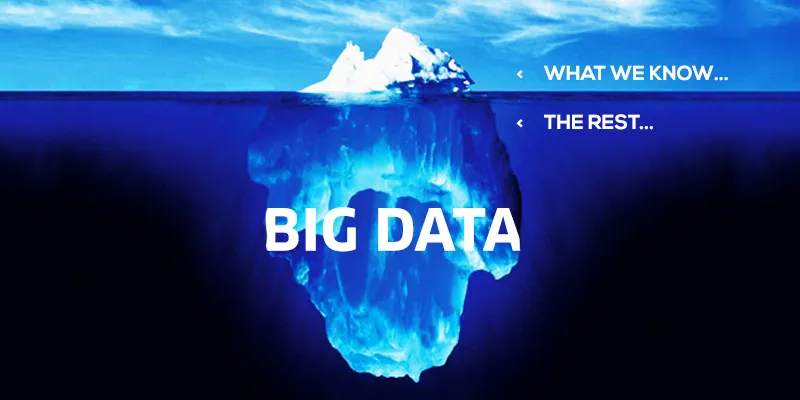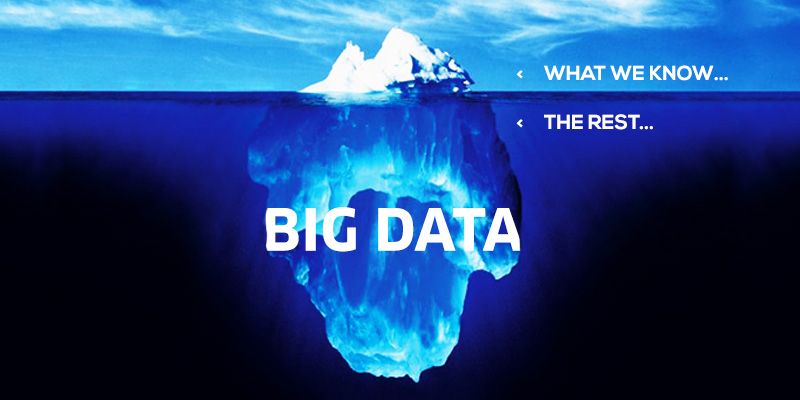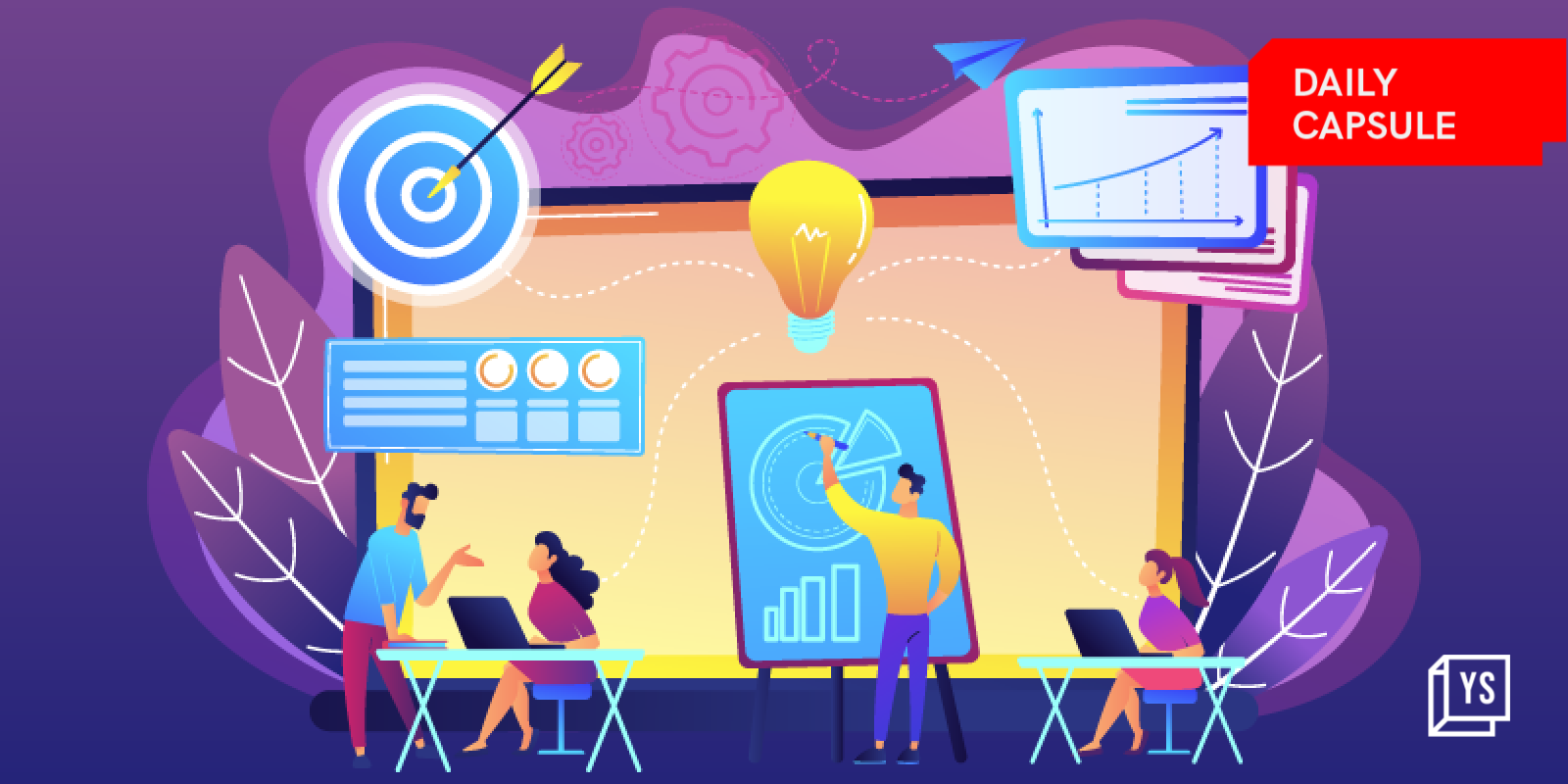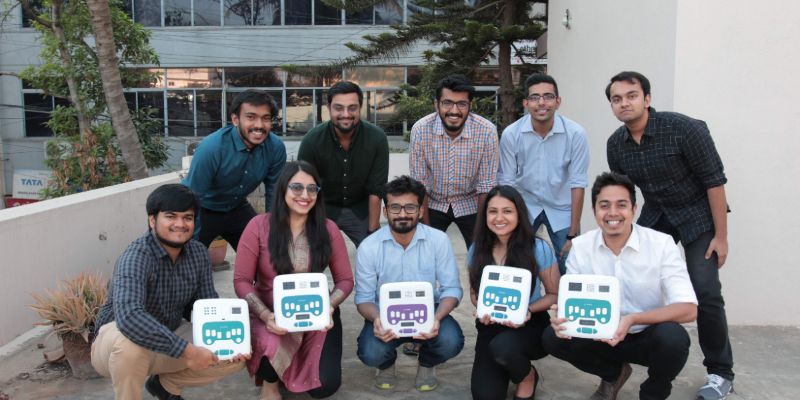The Bangalore chapter of The Indus Entrepreneurs (TiE) recently hosted a panel on Big Data. Cutting through the hype, the panel showed that Big Data is only getting bigger and bigger, both in terms of its application and the sheer amount of data processed.
The five panellists included Anirban Dey (Andy), Managing Director, Sap Labs India; Vijaya Kumar Ivaturi, Co-founder & CTO, Crayon Data; Ranjith Menon, Sr. Vice President, IDG Ventures India Advisors; Pavan Sondur, CEO & Co-Founder of the startup Unbxd Inc.; and Venkatesh Vaidyanathan, Vice President, Business Analytics, SAP Labs.

Here is my pick of the Top 15 tips from the panellists for companies looking to harness Big Data or startups looking to get into this space and find new opportunities.
1. Quality, not just quantity
Focus on insights, not just immensity of data. Go beyond the volume and velocity of data that can be gathered, and show the insights that can be gleaned. Answer the ‘So what’ and ‘Now what’ questions. While using Big Data to be more responsive to customers, do not present them with too much choice – judiciously pick the best possible choices, since too much choice is almost as good as not having it. The abundance of data should not lead to scarcity of insights for managers and customers.
2. Identify the sweet spot
The Top Three sectors in terms of Big Data generation and application seem to be retail, banking and telecommunications. All can leverage Big Data in experiential analysis. But other sectors too can learn from Big Data successes in these sectors in activities such as unified analysis, rapid simulations, visualisation, personalised engagement, precision targeting, risk management, sense & respond, real-time planning and optimisation.
3. Work on the pain points
When do you know a company is ready for Big Data solutions? When it takes a whole day or more to get data inputs and analysis on important business activity. This delay can impact the effectiveness of business decisions and adversely affect returns and revenues. Industries facing a data deluge, or where disruptors are changing the game, or where adjacent industries are already harnessing Big Data, are ripe for leveraging these new techniques. The increased velocity and intensity of competition is leading companies to adopt Big Data sooner and faster. Big Data with precision analytics helps ‘nowcasting,’ not just forecasting.
4. Find the story and cast of characters
Big Data allows you to dig into customer activities and profiles and build detailed persona. It allows you to trace the customer journey and build a story out of the data points and behavioural choices. Marketers can now build customer profiles with 10-15 trait categories per type, and more. This allows new insights into affinity, preferences, tastes, needs and wants – in real time. Anonymisation of data can help deal with concerns of customer privacy.
5. Hit the numbers
Show real numbers in terms of not just Big Data volumes, but the analytics and impacts derived from it. For example, show how Big Data insights can improve conversions, make better cross-selling recommendations and increase sales volumes on e-commerce sites. Show how you can get insights from not just what consumers are doing on your website, but what they are not doing – in real time. RoI figures in the near term and long term build a better business case for Big Data.
6. Learn from case studies
A number of case studies are showing the way to Big Data success. For example, industrial applications in the oil sector include being able to predict when the drill bit may fail, from sensor data. E-commerce companies and social media sites use Big Data to drive traffic and sales. Banks use Big Data for risk management and cross-selling financial products. Bottling companies use Big Data to better route and ship their products in different seasons. Even cattle farmers are using sensors to track cow walking speeds to detect potential illness!
7. Go from reactive to prescriptive mode
Big Data helps companies go from descriptive and reactive modes to predictive and prescriptive mode. Understanding changes is a good start, predicting what may happen next is better, but knowing how to best act and shape the future is the best. This involves Big Data focus not just by the CIO of the company but the CMO.
8. Build the Big Data culture
The Big Data culture involves bringing together computer scientists, statisticians, marketers, operations research practitioners, data scientists, customer engagement specialists, visual interaction designers, UX+UI communities and business leaders – a complex mix of occupational cultures who need to work together in real time. There is a talent shortage as well as management bandwidth shortage to juggle Big Data, which has to be dealt with on the fly and through long-term investments in organisational design.
9. Watch the regulatory angle
In some sectors, regulators are also indirectly driving Big Data adoption. For example, banking sector regulations require banks to keep track of all fraudulent transactions, which necessitates keeping records of all phone calls and mining them.
10. Hot spot: The Internet of Things
Earlier waves addressed M2M (machine to machine communication), now we are in another wave: Internet of Things (IoT). We are still scratching the surface here, as the cost of industrial sensors and the data gathering cost continues to drop. This is not just B2C but enterprise and industry IT. For example, much action in telco Big Data focuses on consumer mining of voice and data usage – but other areas include optimisation of tower installations and power utilisation via sensors in the towers.
11. Meetups and hackathons are good ways to begin
Regular meetups and hackathons are good ways for communities of practitioners to connect and explore what is possible in the Big Data frontier. For example, the monthly SAP HANA meetup in Bangalore is targeted at startups, investors, technology leaders and even SMEs. The meetup was launched at the TiE Bangalore panel. Attendees can pick up technical skills, fine tune solutions to market needs and sell to SAP’s global customer base.
12. Markets, talents and funds are global
The Big Data opportunity is truly global, regional and local at the same time. Platforms, funds, talent, incubators and accelerators are making it easier than ever before to start up (but also harder to compete). The world is becoming ‘flatter’ for startups. Having a cross-border presence makes it easier to get talent from different regions and play to local strengths, eg. base in Singapore/USA, and development centre in India (Crayon Data). India can become a huge talent pool for data scientists.
13. Navigate the ‘jungle of jargon’
The hype machine of Big Data is just getting started, so get used to it – learn the jargon but cut through the buzz and focus on the core concepts and impacts. If you are pitching Big Data solutions to business leaders, aim straight for the organisation’s strategic and operational impacts. Go beyond ‘techno speak’ and ‘techno babble.’
14. The action is just beginning
A number of areas for Big Data application are opening up, beyond the usual suspects in social media. For example, Big Data can be leveraged in scenarios of offline retail (eg. product placements). An increasing number of sports and games are using Big Data and analytics to improve individual and team performance. Speech applications arise in mobile communications and call centres (audio-mining). Many governments are yet to wake up to the potential of Big Data (beyond the surveillance scenario). Open source and cloud are game changers in the field, allowing startups to enter the domain and scale much faster than before.
15. India: new frontiers for Big Data
The mobile and Internet boom in India is driving sectors like e-commerce, especially in Tier 2 and Tier 3 cities. Big Data and analytics are helping e-commerce companies better understand the needs and aspirations of consumers in these cities, where big brands do not have a direct presence. The healthcare sector in India, along with health data applications for government, is ripe for Big Data disruption in areas like disease outbreak forecasting and pharmaceutical drug distribution. Most of the Big Data action in India seems to be in English – the Indian language market is yet to be tapped in a significant way, eg. audio mining in Indian languages. As Big Data applications proliferate in India, startups will also find opportunity in building platforms for other professionals to use, such as data scientists.
In sum, success in Big Data lies in seeing the big picture first – the forest, and then concentrating on the individual trees (see also my review of the book Big Data @ Work by Tom Davenport). Big Data offers big opportunities to a big country like India. Data is the new gold, and one person’s data is another’s knowledge.
Speaker profiles:
Anirban Dey (aka Andy) is the MD for SAP Labs India, one of the largest R&D centers outside Germany for SAP. Andy was responsible for the R&D of SAP’s flagship product in the In-Memory space, SAP HANA. It has been widely regarded as a break-through innovation and the fastest growing product in the history of SAP. He is also on the Advisory Board of Hope Foundation - one of the largest NGOs in India, and co-Chairman of ASSOCHAM IT Panel.
Vijaya Kumar Ivaturi is Co-Founder and CTO of Crayon Data, a Big Data analytics product company headquartered in Singapore with a development centre in Chennai. He is also an active member of Indian Angel Network. He is one of the co-founders of India Innovation Labs, a start-up in the field of augmented reality and robotics. He was CTO of Wipro’s IT businesses.
Ranjith Menon is Vice-President at IDG Ventures India Advisors. IDG Ventures manages over US$6 Billion globally and has a portfolio of over 200 technology companies. Ranjith currently serves on the Board of Directors at Forus Health and iCreate Software, and as a Board Observer at Apalya Technologies, ConnectM, Myntra.com, Perfint Healthcare and Sourcebits Technologies.
Pavan Sondur is CEO & Co Founder of Unbxd Inc, an on-site product discovery software for e-commerce companies that provides search, navigation, merchandizing and analytics solutions for e-commerce companies. Incorporated in October 2011, its clients included Trendin, Redmart, Caratlane and CBazaar. Unbxd is backed by IDG Ventures and Inventus Capital and has recently closed their Series A round of funding.
Venkatesh Vaidyanathan is a Vice President in the Business Analytics division at SAP Labs India. He has been in the business analytics domain for over five years, and has managed products on the business intelligence (BI) platform, as well as BI mobility.










![[Funding alert] Contactless retail tech startup Gobbly raises $500K from Sauce.vc](https://images.yourstory.com/cs/2/b87effd06a6611e9ad333f8a4777438f/Imagefskc-1594011063679.jpg)
